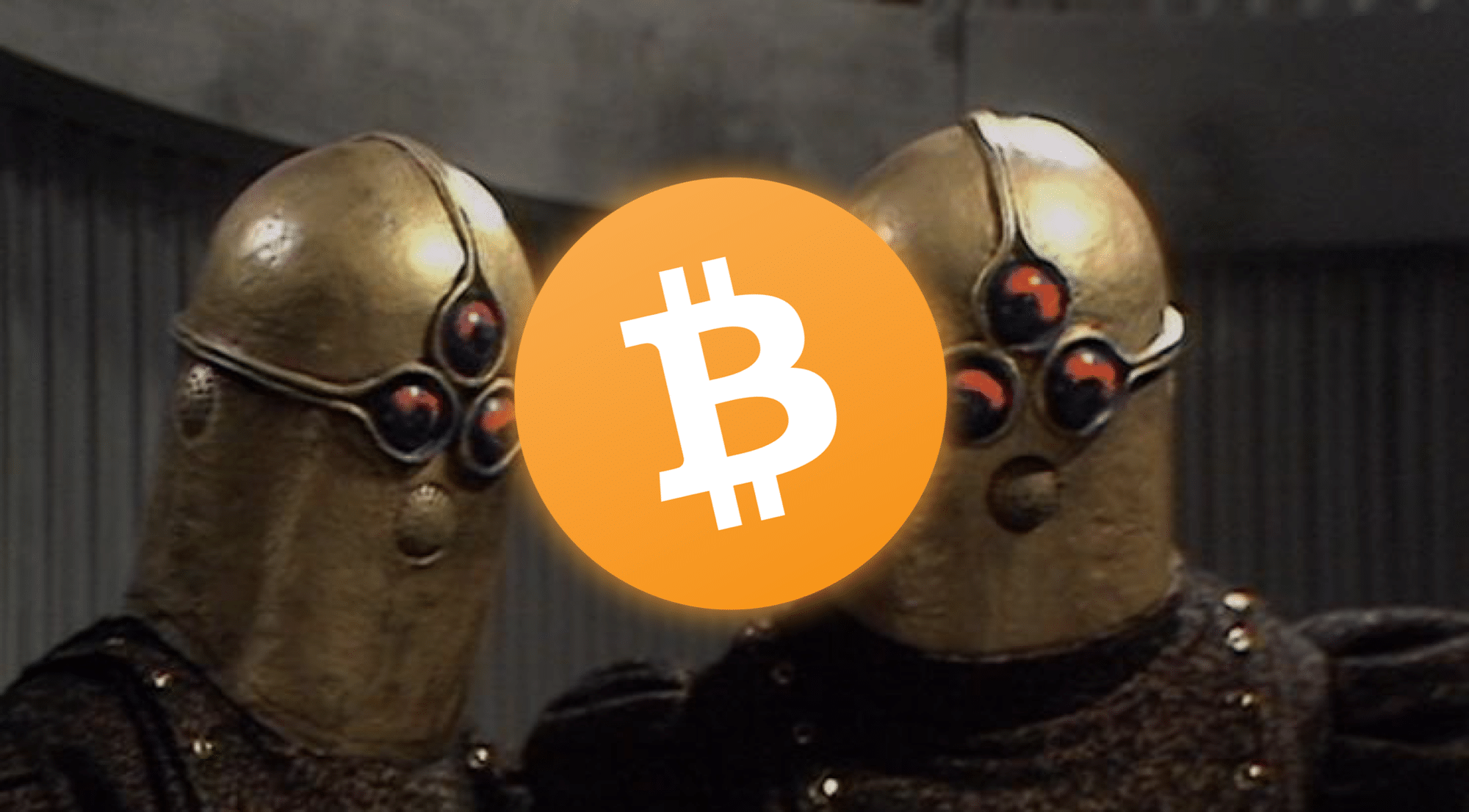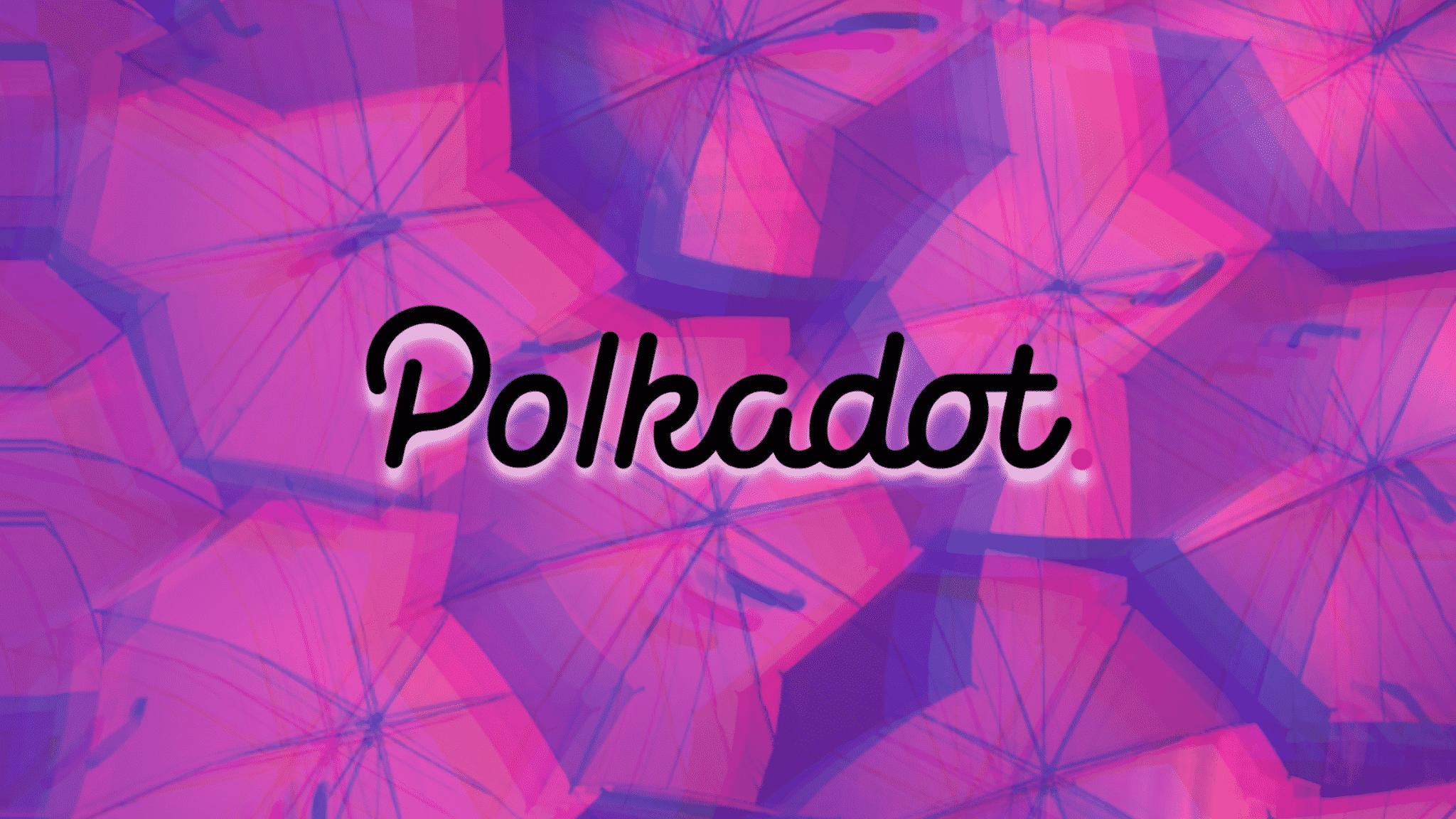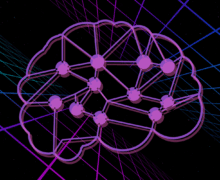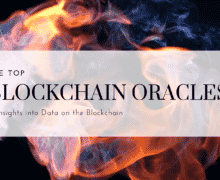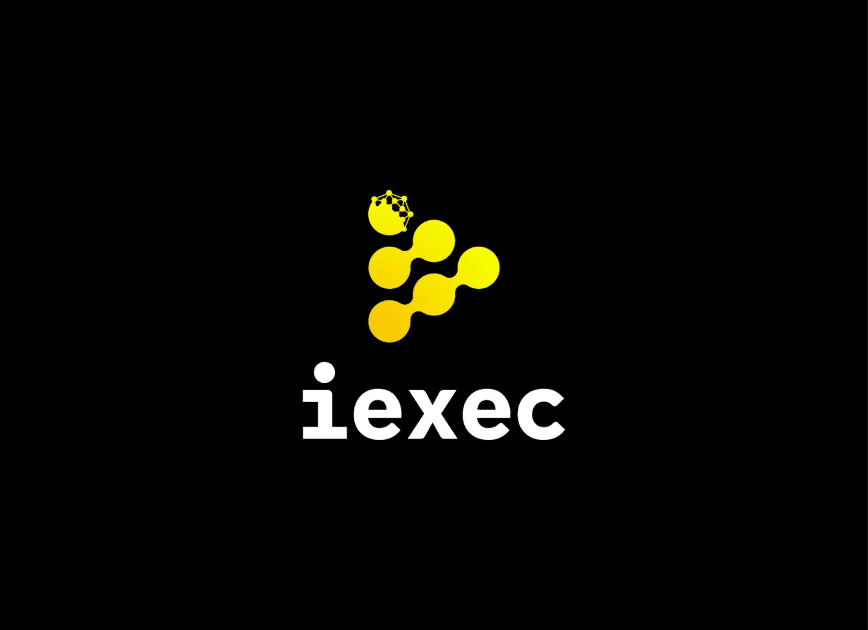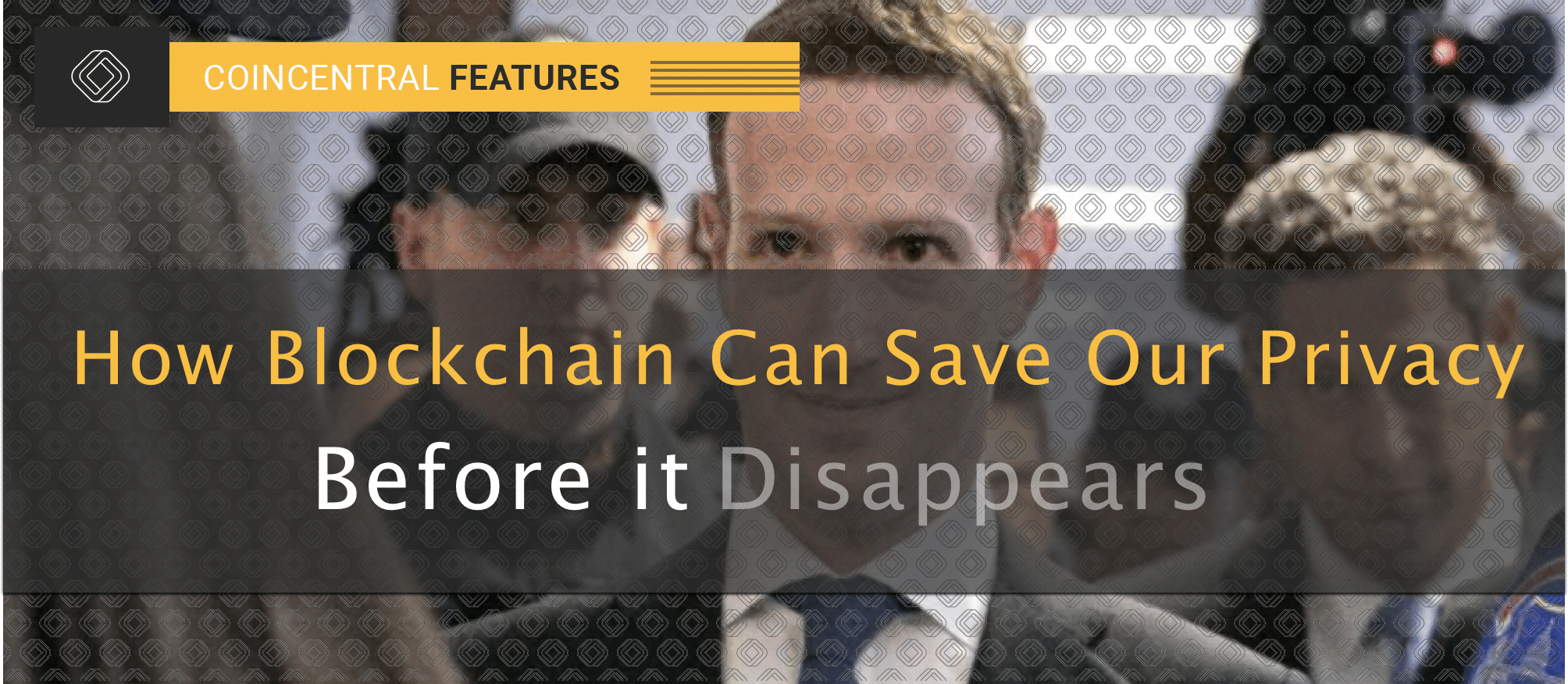- IP Registration System
- Determining Creatorship
- Curbing Counterfeits
- IP-Focused Blockchain Projects
- Current Obstacles
- Conclusion
What Opportunities Could Blockchain Create for Intellectual Property (IP)?
There have been many early applications of blockchain technology in fin-tech, but how can blockchain improve the protection of intellectual property (IP)? It’s clear that distributed ledger technologies can be implemented in lots of use cases. Here some examples.
IP Registration System
How long does it take to file a patent? It depends on where an individual or business is filing. Let’s look at the US as an example. Looking at data from FY 2016, the USPTO typically took around 16.2 months from filing to initial office action. Average total pendencies took around 25.3 months. Also, patents for specific categories like computer architecture can take much longer than the overall average.
The problem is that a lot of IP filings must undergo manual review. In industries where it’s important to become first-movers, it can be difficult to get the approval of patent agencies or other regulatory authorities. By replacing centralized registration systems with decentralized ones, it will be easier to not only register new IP but also update filings and transfer ownership at any time. With blockchain, regulatory agencies will be able to achieve more with fewer required resources. By reducing approval wait times, companies can move forward with innovations that are protected by IP law.
Determining Creatorship
Another major problem with IP ownership is telling which entity first created the IP. Due to the lengthy approval process and the multitude of national IP regulations, there isn’t a clear way of defining who owns IP. For instance, a singer might release a song that sounds similar to an existing song. Regardless of whether the song was intended to be similar or not, such cases that have occurred in the past resulted in several large-scale IP infringement lawsuits, which usually only settle many years after the songs were released. The “Blurred Lines” lawsuit is one recent example of this.
With a blockchain-based registration system, it will be much simpler to verify whether a new song is or isn’t infringing upon the existing IP of a previously-registered song. This type of blockchain-based detection system can be thought of something as a legally-backed Copyscape, only the technology can be applied to other things like art and music with the help of artificial intelligence.
Curbing Counterfeits
Unfortunately, in a lot of instances, companies outright steal the existing IP of their competitors to produce food, clothing, and other goods. In the current era, it’s still relatively easy for some companies to get away with such practices and earn millions or even billions of dollars in profit in the process. For physical products, at least, blockchain integration via RFID tags is something that is already being implemented. This technology allow regulatory authorities to easily tell when things like imported goods are counterfeit simply by scanning a product’s barcode.
IP-Focused Blockchain Projects
Currently, there are very few blockchain projects that are working to create IP registration/ creatorship detection systems. However, upcoming projects like IPCHAIN Database are looking to change this. While this project can certainly be beneficial for people and businesses wanting a better way to research IP information, IPCHAIN Database wants to go a step further. Ultimately, this project aims to become the legal stamp of approval for IP filings around the world. The idea is that existing government regulatory agencies will use IPCHAIN Database as a solution for improving their current IP filing systems. The project adheres to World Intellectual Property Organization standards, which could help increase its adoption.
There are already several projects working to crack down on counterfeiting. One example is VeChain Thor, which already has a partnership with DIG, the largest Chinese importer of fine wines. VeChain Thor is able to verify that all products are genuine by tagging each product with a special RFID tag. Since the data is decentralized, it’s not possible to hack a single database and change a product’s label. Also, since information is stored on the blockchain, everyone along the supply chain can track and verify a product to ensure that it is real. Waltonchain is another project with similar goals. It has already established several major partnerships and is now part of Alibaba’s IoT Connectivity Alliance.
Current Obstacles
One of the most difficult obstacles to consider is how exactly IP lawyers and regulatory agencies will actually integrate blockchain and AI into their current regulatory policies. Use cases like verifying that code for a software product is original and not infringing upon an existing patent could be done automatically through similar technologies that scan Google for keyword matches. However, this change could present new challenges for IP experts. For example, if a software project is backed by IP law and not open source, then how much of the code can be re-used in similar projects? Also, current patent laws don’t require filers to submit a single line of code in order to get a patent. In a blockchain-based patent system where filing would be much faster and simpler, the concept of filing general product ideas without code could lead to more challenging rulings and could potentially lead patent officials to consider changing the current filing process to make it a for filers to provide prototypes upon submission.
A blockchain-based patent system presents debates for creative fields as well. For instance, how similar can a work of art be to a piece that already exists? Even when AI detection capabilities do improve, it will be interesting to see if regulatory agencies will develop quantitative/percentage-based frameworks that make automatic judgments on what is original and non-original. For example, can a song sound 60% similar to an existing song and still be considered original? Would the release of this song require royalty sharing?
Conclusion
While blockchain-based IP is still in its early stages, a few projects are beginning to not only develop the technology but also gain real-world adoption. For the most part, businesses appear keen to adopt these changes; however, government legal organizations are clearly the biggest potential catalyst for blockchain-based IP adoption.
[thrive_leads id=’5219′]
Never Miss Another Opportunity! Get hand selected news & info from our Crypto Experts so you can make educated, informed decisions that directly affect your crypto profits. Subscribe to CoinCentral free newsletter now.
